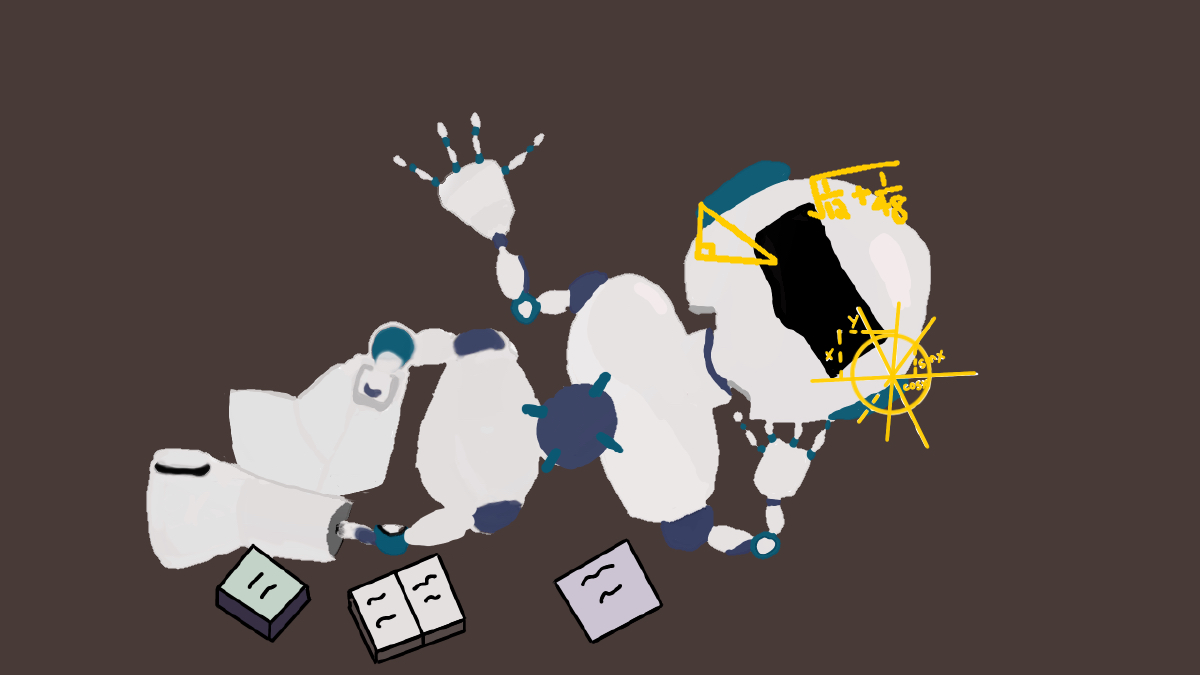
Learning and planning in partially observable Markov decision processes with weighted automata and tensor networksSpeaker: Guillaume Rabusseau, University of MontrealTime: Tuesday, May 4, 2021, 10:00AM - 11:00AM, EST Zoom Link: contact tml.online.seminars@gmail.com Abstract:In this talk, I will present fundamental connections between partially observable Markov decision process (POMDP), weighted automata and tensor networks. I will first present the now classical predictive state representations for POMDP and their natural connection with weighted automata. I will then present the spectral learning algorithm for weighted automata introduced in [Bailly et al., 2009] and [Hsu et al., 2009] which gives rise to a consistent learning algorithm for POMDP. One caveat of the spectral learning in the context of reinforcement learning is that is a two-stage paradigm: first learn the environment dynamics and then plan accordingly, which can be both sample inefficient and time consuming. I will then show how the spectral learning algorithm can be extended into a one-stage approach combining planning and learning altogether. I will then conclude by presenting interesting connections between weighted automata and tensor networks, opening the door to future research combining the parameter efficiency of tensor network methods with the principled spectral learning approach for reinforcement learning in partially observable domains. This talk is based on the following work led by PhD student Tianyu Li: - Tianyu Li, Bogdan Mazoure, Doina Precup, Guillaume Rabusseau. Efficient Planning under Partial Observability with Unnormalized Q Functions and Spectral Learning, AISTATS 2020 - Tianyu Li, Doina Precup, Guillaume Rabusseau. Connecting Weighted Automata, Tensor Networks and Recurrent Neural Networks through Spectral Learning, AISTATS 2019 (extended version)Speaker's BioGuillaume Rabusseau is an assistant professor at Univeristy of Montreal and holds a Canada CIFAR AI chair at the Mila research institute. Prior to joining Mila, he was an IVADO postdoctoral research fellow in the Reasoning and Learning Lab at McGill University, where he worked with Prakash Panangaden, Joelle Pineau and Doina Precup. He obtained his PhD in computer science in 2016 at Aix-Marseille University under the supervision of François Denis and Hachem Kadri. His research interests lie at the intersection of theoretical computer science and machine learning, and his work revolves around exploring inter-connections between tensors and machine learning to develop efficient learning methods for structured data relying on linear and multilinear algebra. |